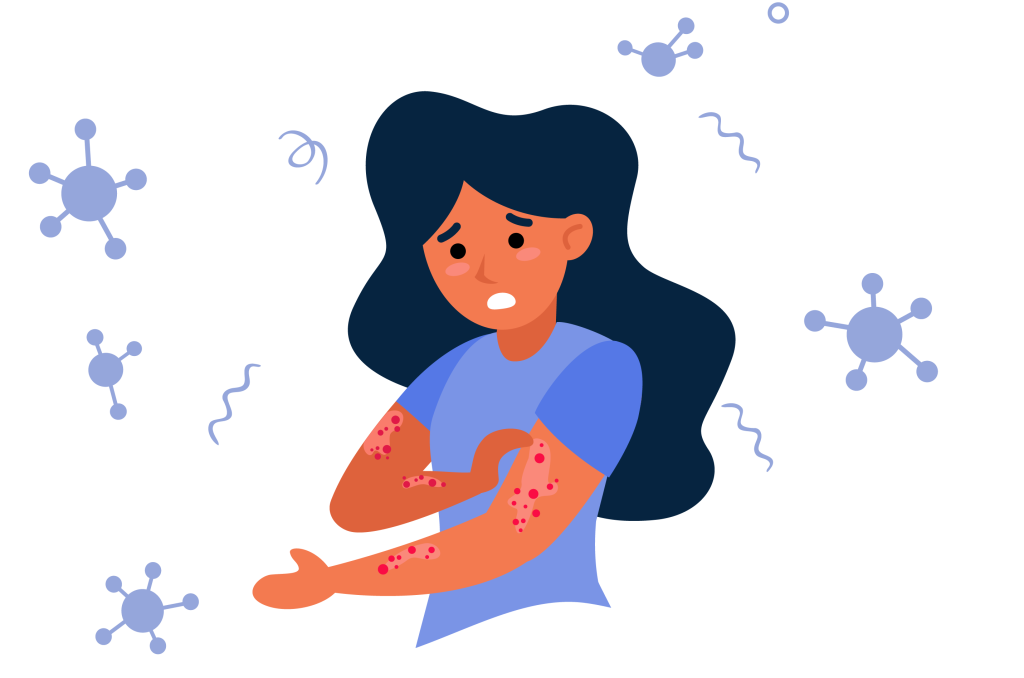SYMPTOMS OF SEXUALLY TRANSMITTED DISEASES
Sometimes it can take months even years for symptoms to develop. There is a possibility that a person that is unaware of their own infection may spread the infection to their sexual partners. Listen to your body and react on time. When it comes to sexually transmitted diseases, regular exams are the only way to keep your health under control.
We are pointing out the importance of REGULAR EXAMS even if you don’t have any symptoms.

- Symptoms that may indicate a need to seek medical assistance are found in the following questions:
- Do you have increased genital secretion that smells unpleasantly?
- Do you have genital rash or is it especially itchy?
- Do you have any type of changes on your pubic area or around your anus? This may include warts, lesions or blisters.
- Did you notice a different unpleasant smell around your genital area?
- Did you notice an unusual blister or a wound near your genitalia?
- Do you feel pain during sexual intercourse?
- Do you experience bleeding during sexual intercourse?
- Do you feel inexplicable pain in your belly?
- Is your urine darker or unpleasantly smelling?
- Do you feel a stinging sensation during urination?

Even if you exhibit only one of these symptoms (it’s usual to experience more than one at a time) it won’t go away on its own. You need to get tested in order for the infection to be identified. After this a physician can give you adequate therapy that will cure the infection and prevent it from spreading. If you neglect these symptoms it can have lasting effects on your health.
If you don’t treat your infection in a timely manner, it can lead to serious consequences, such as:
- Rashes, redness, lesions
- Genital inflammation that is unresponsive to long term treatment
- Strong unpleasant pain during sexual intercourse
- Swelling, redness and pain in the testicles
- Stomach cramps
- Reduced ability or not being able to get pregnant
- Risk of spontaneous rejection
- Some neurological changes, such as anxiety and faulty memory(syphilis)
- Cardio-vascular problems (syphilis)
- Cancer (HPV)




